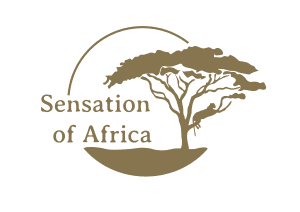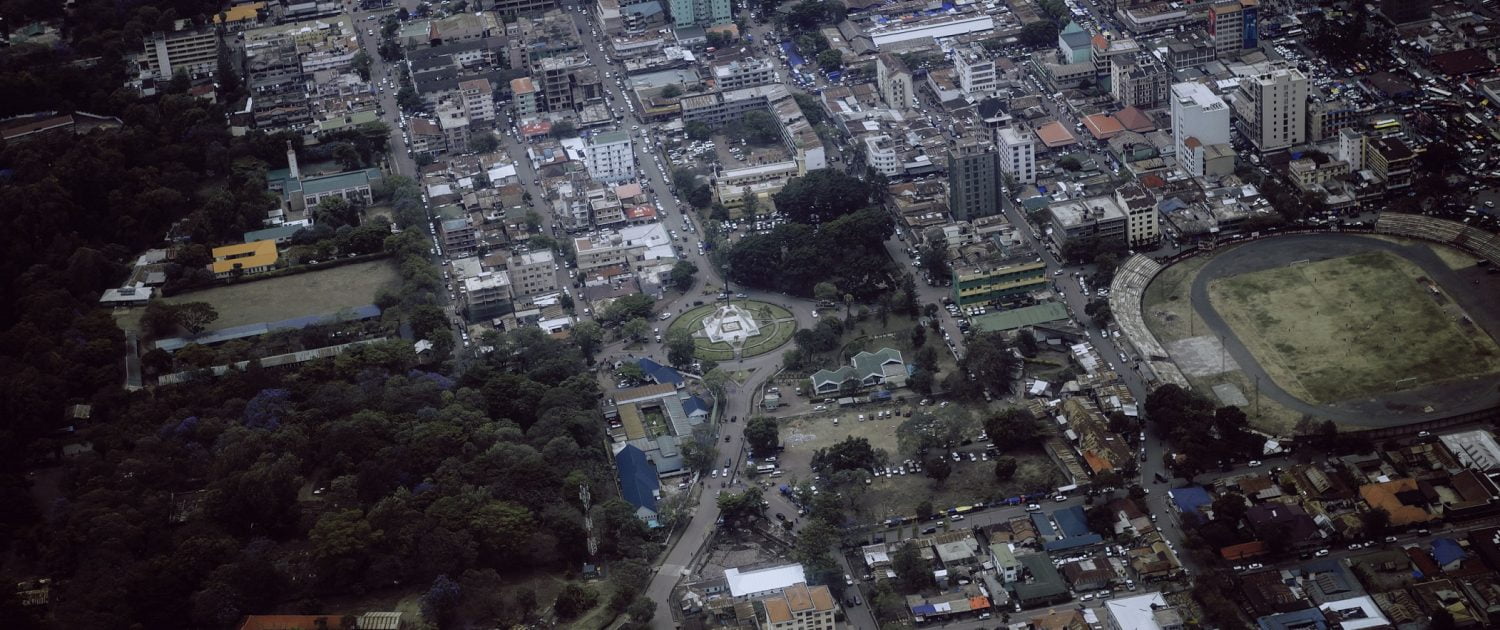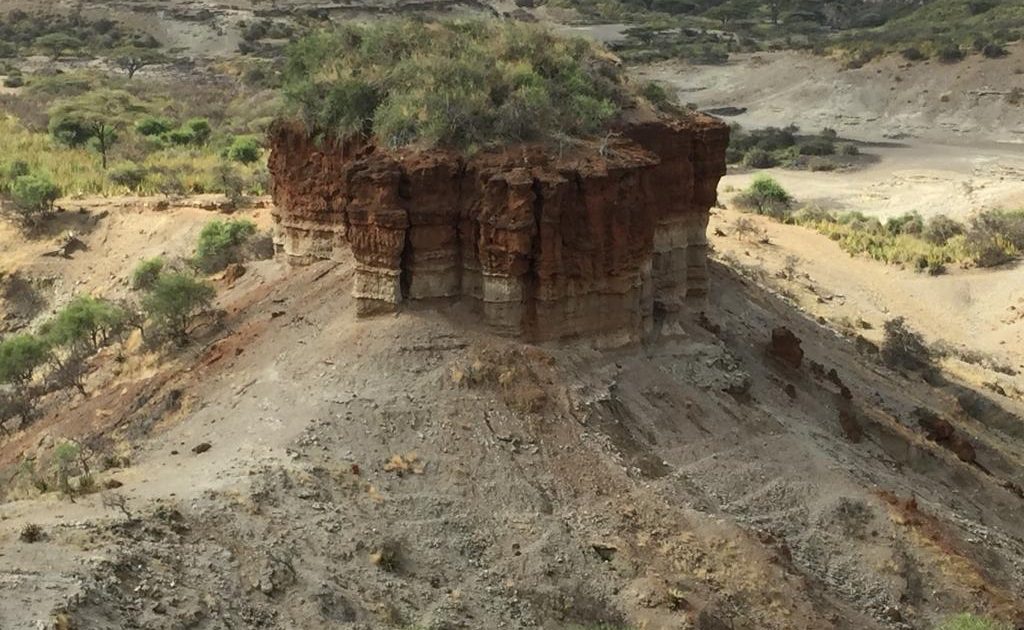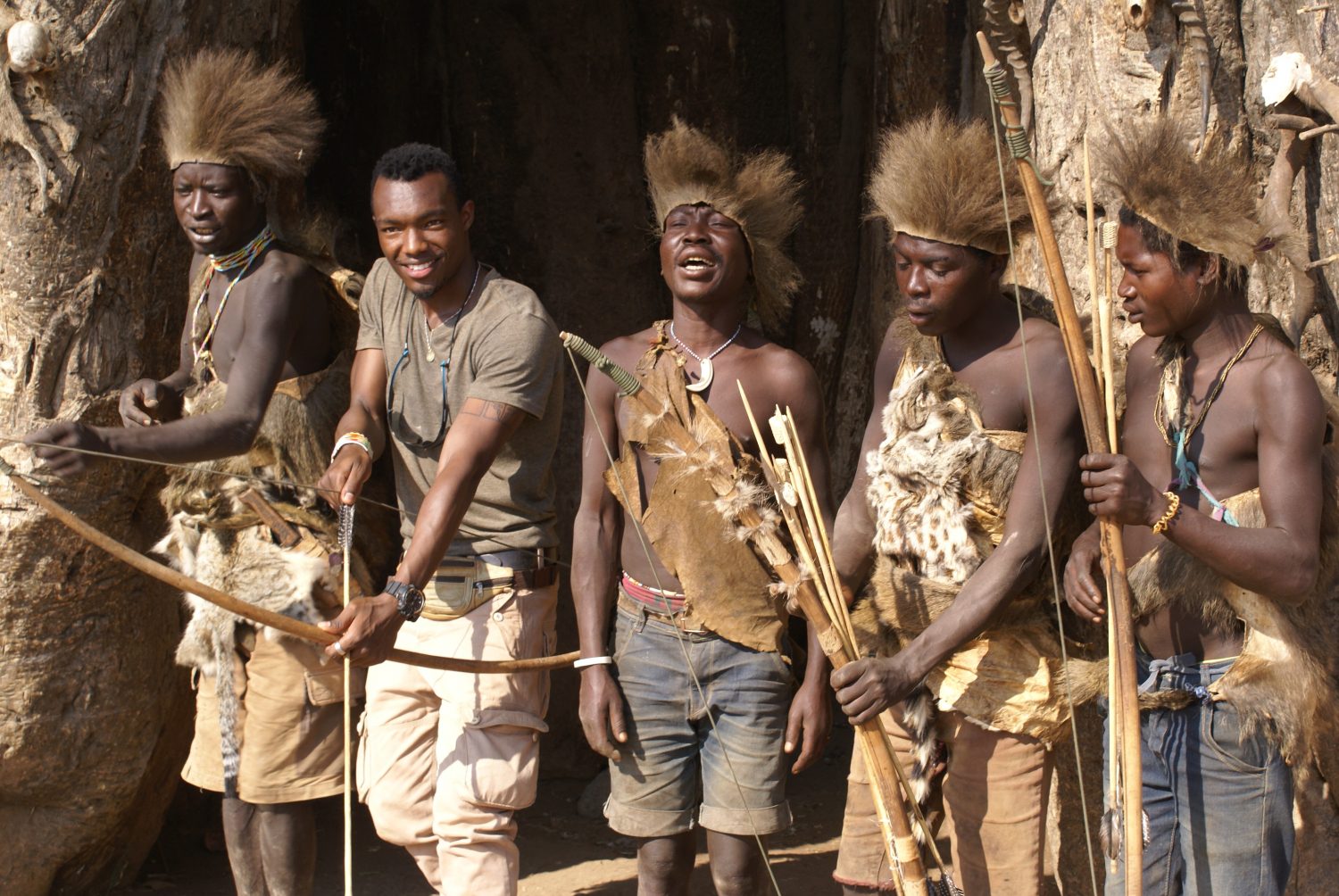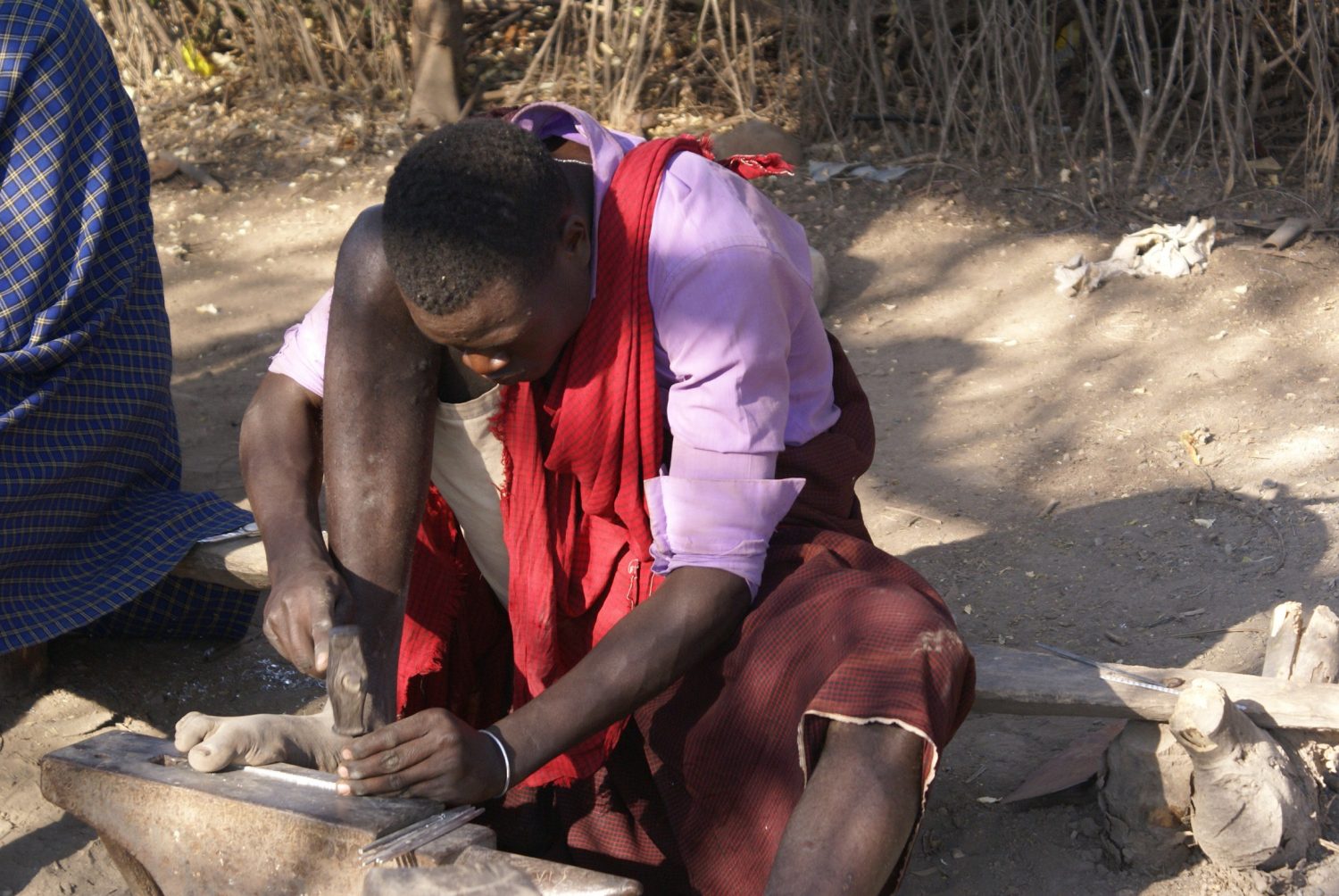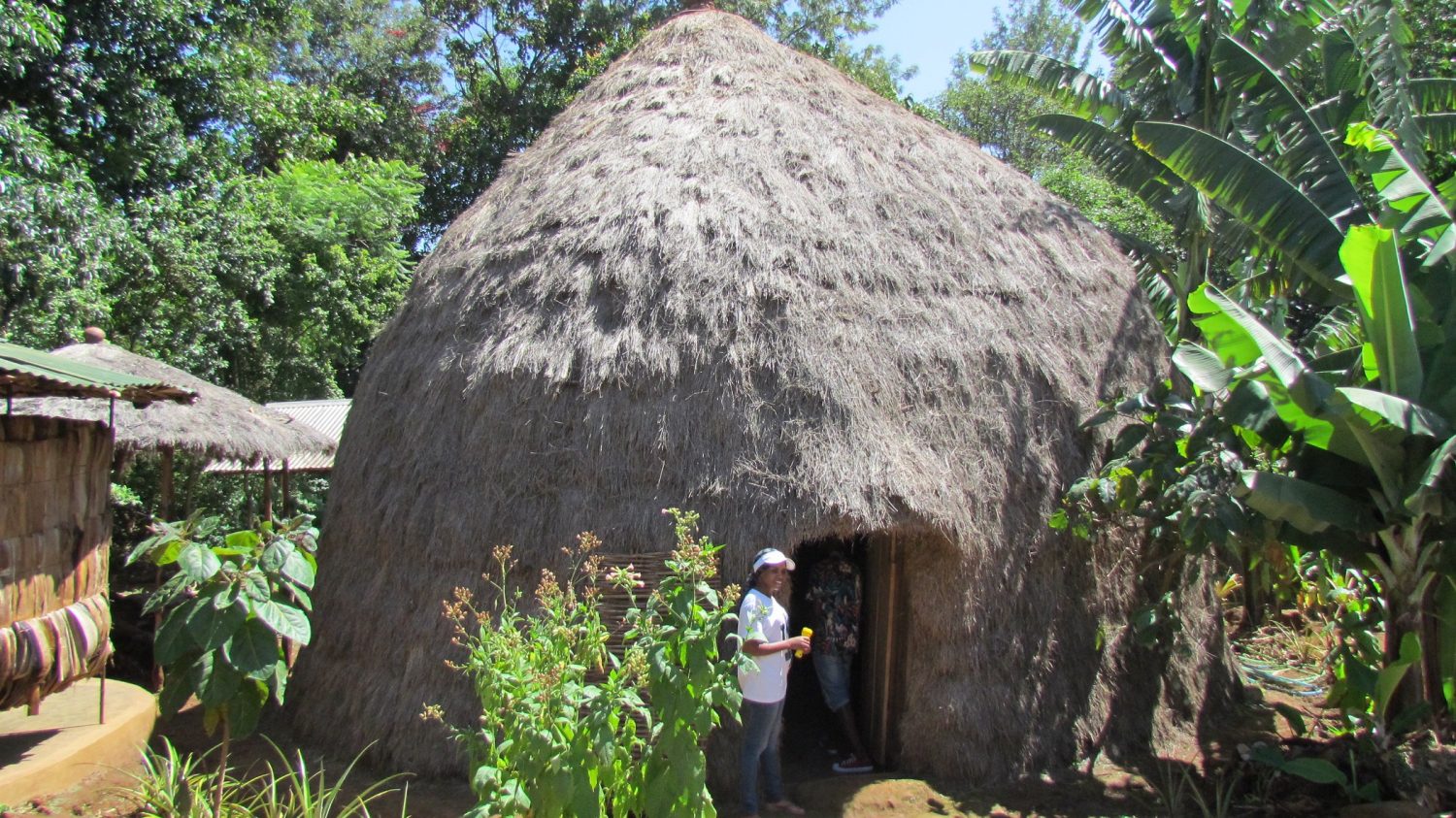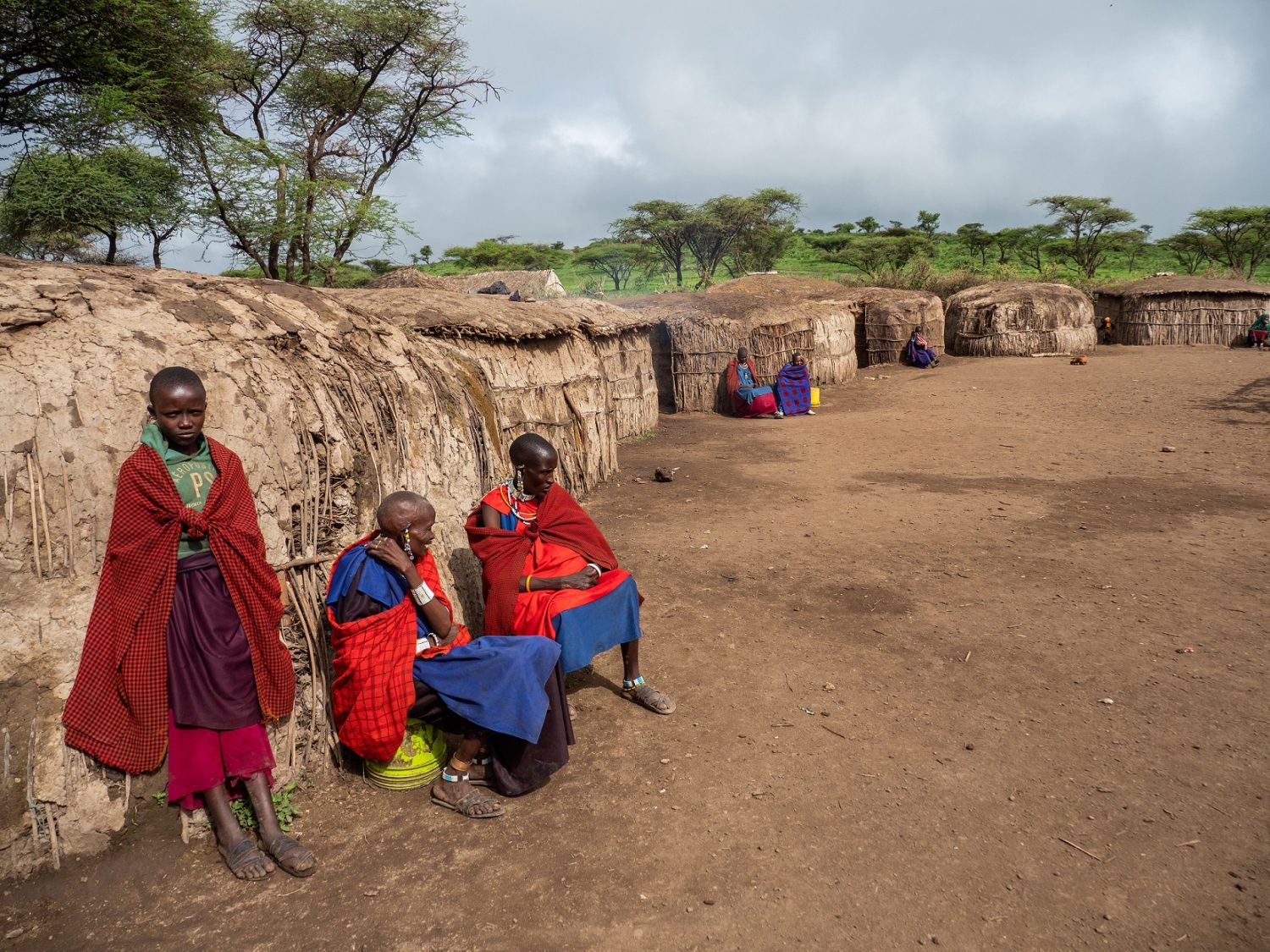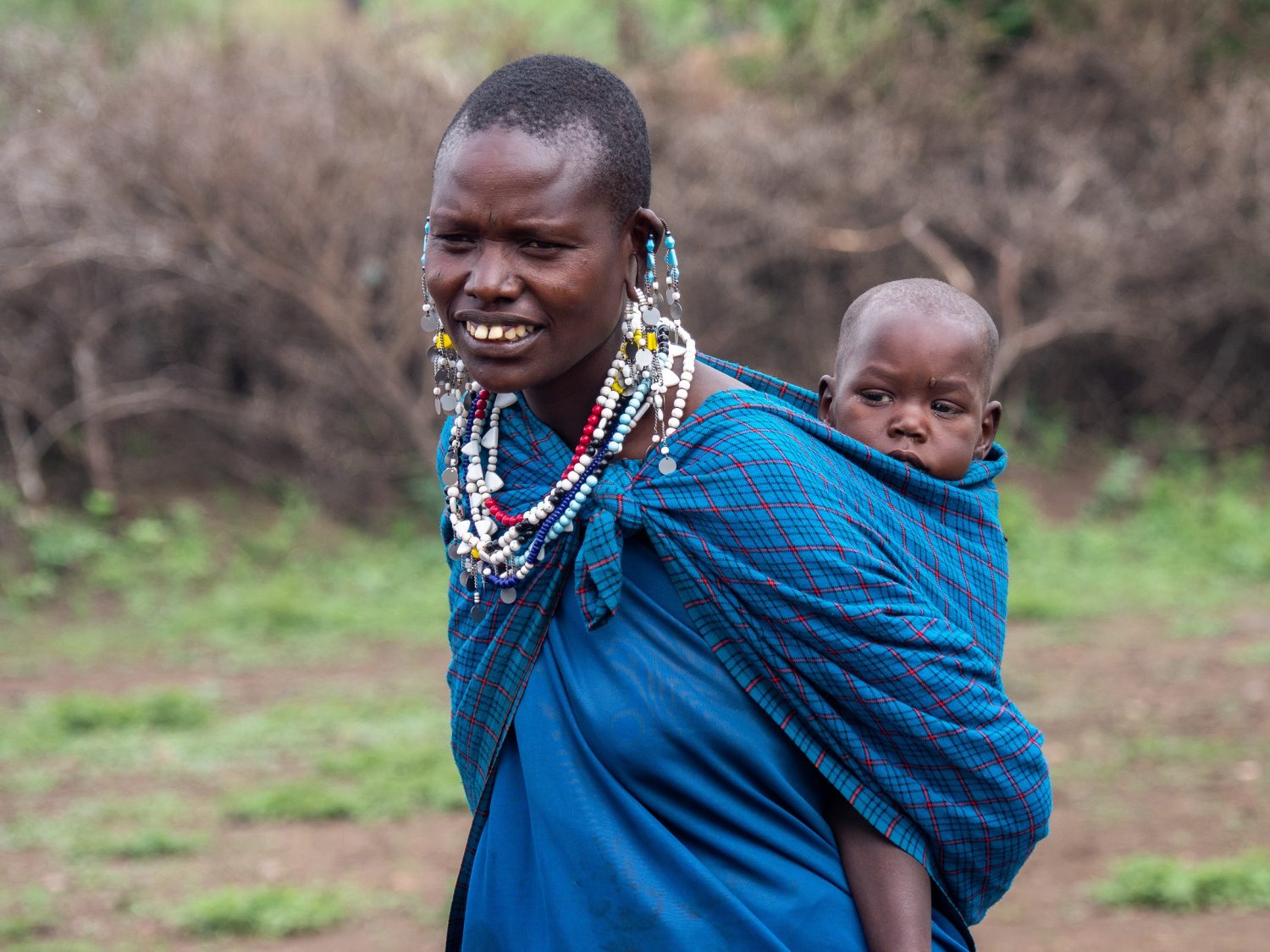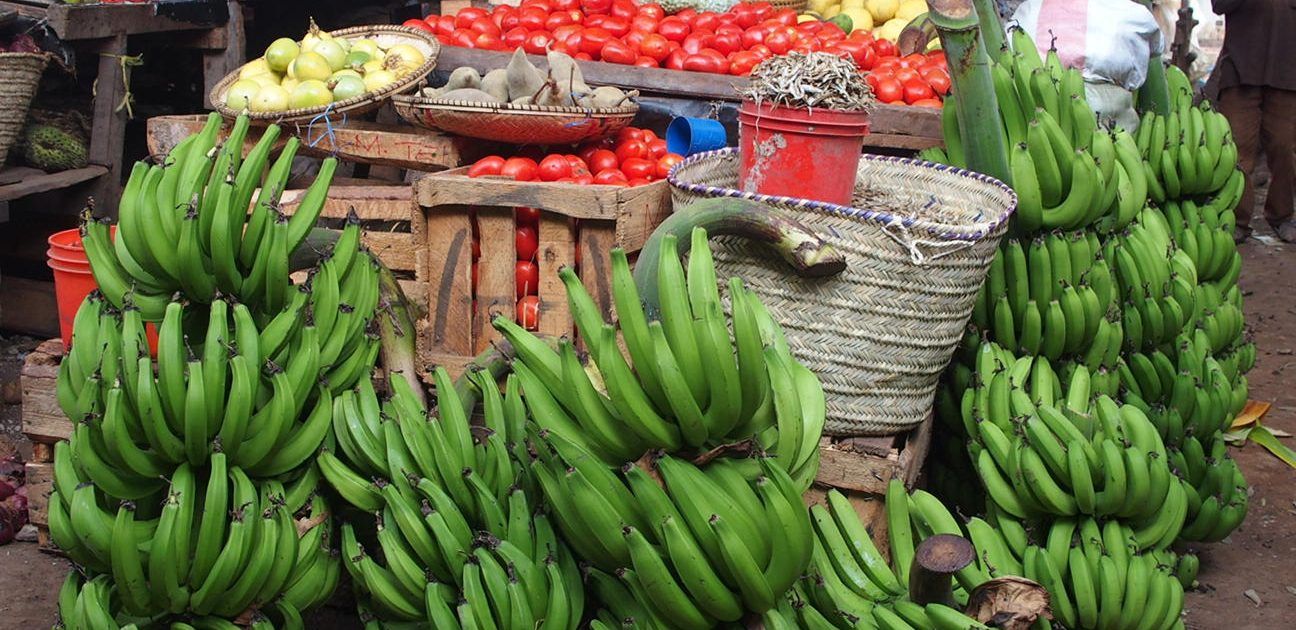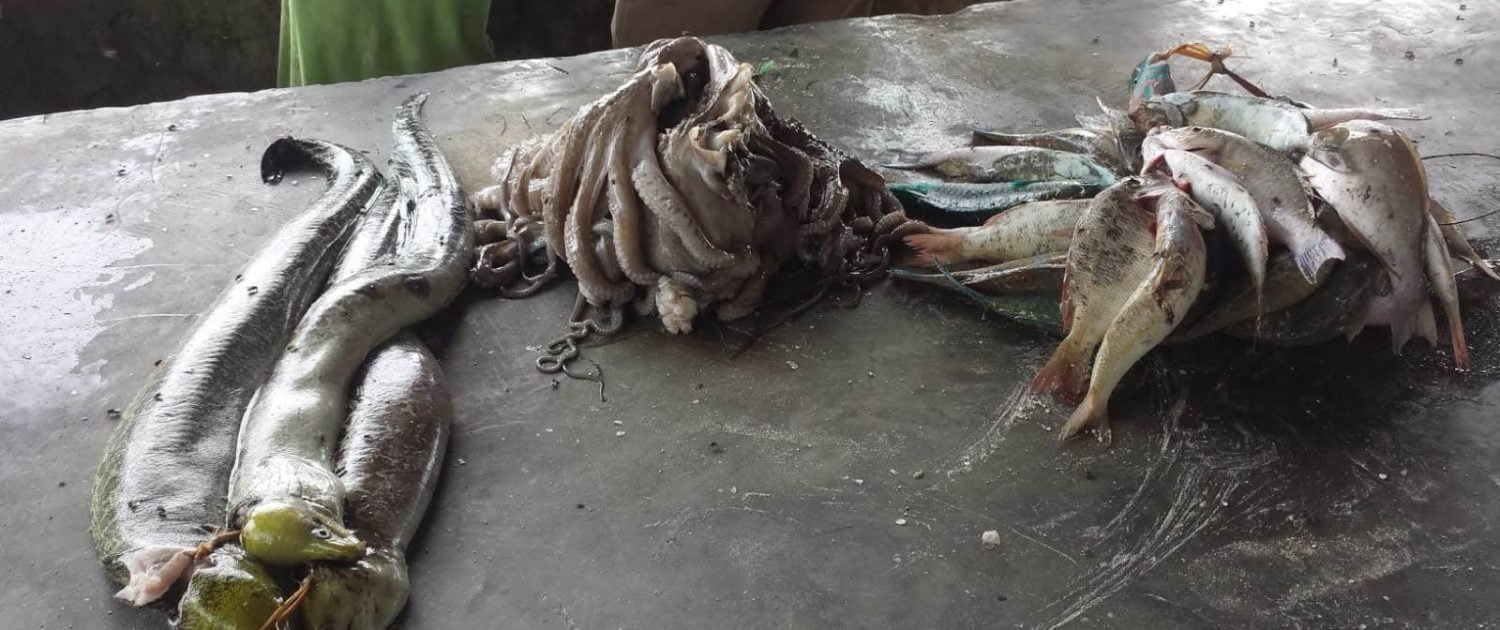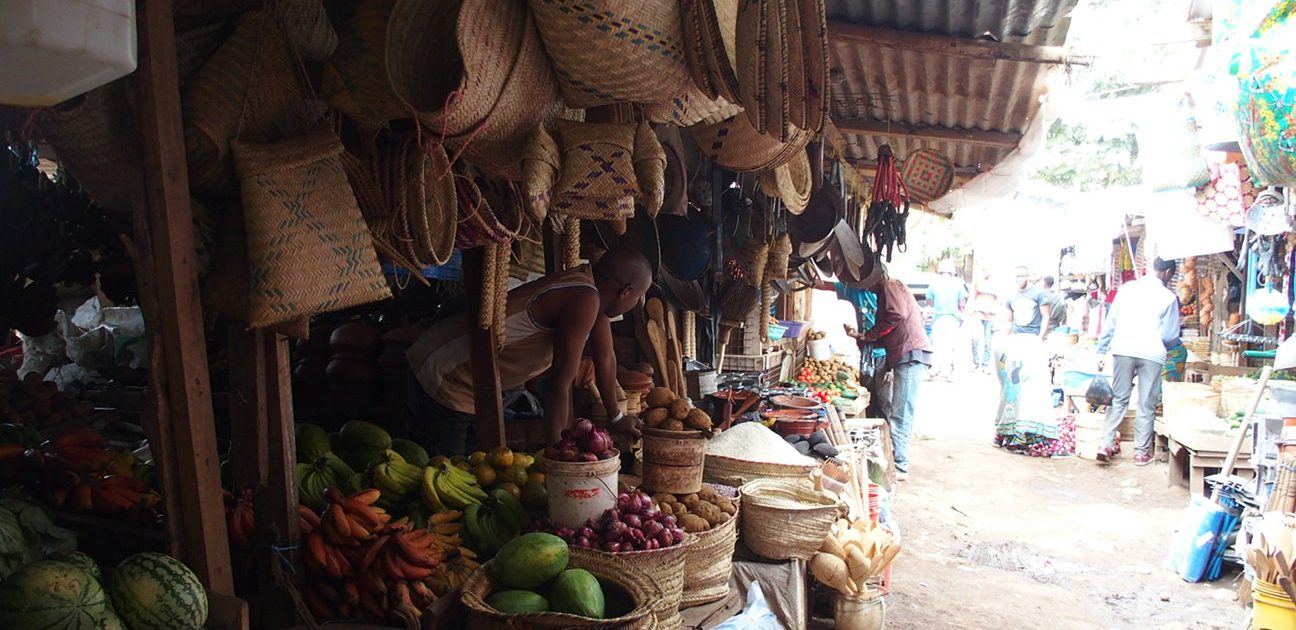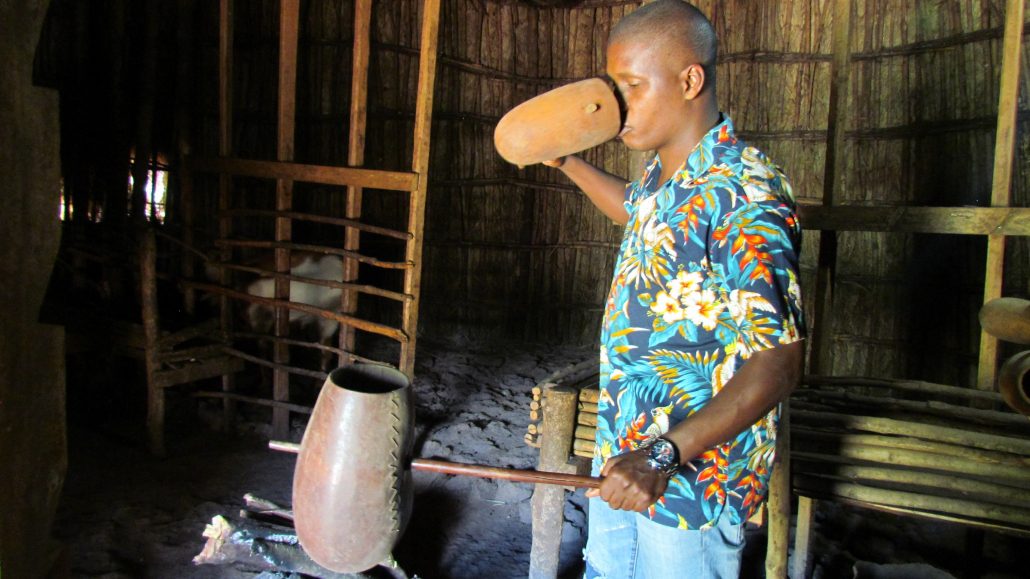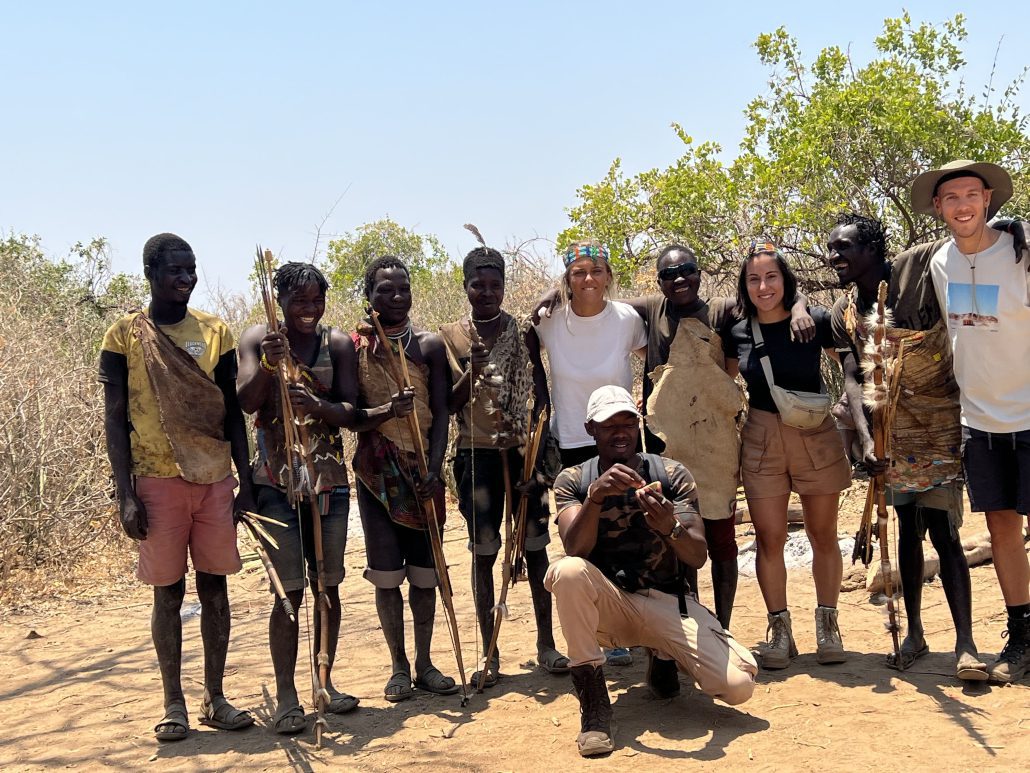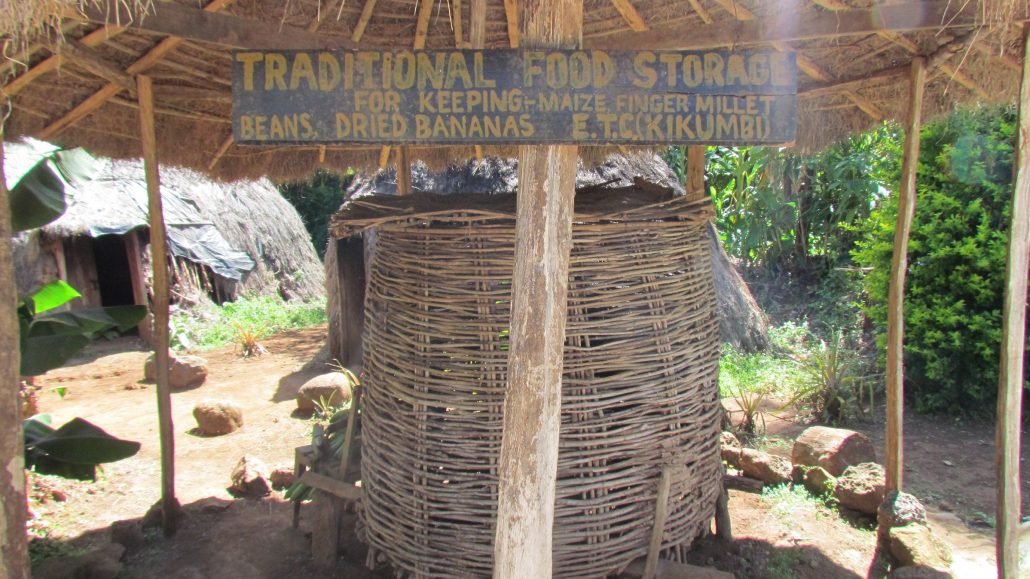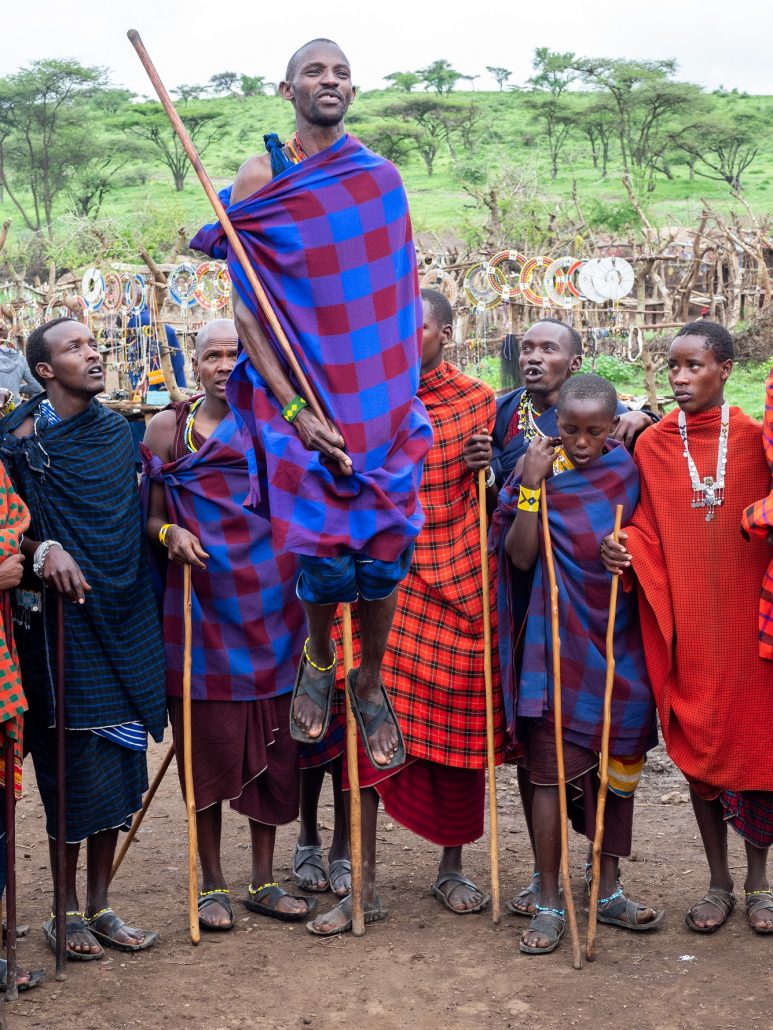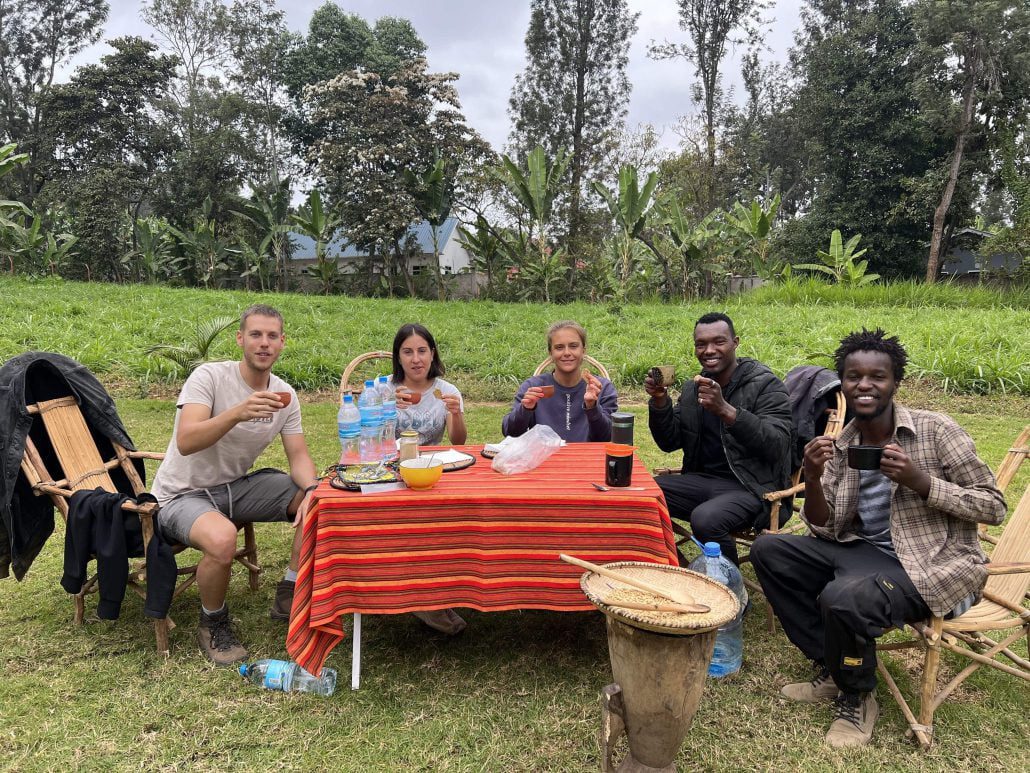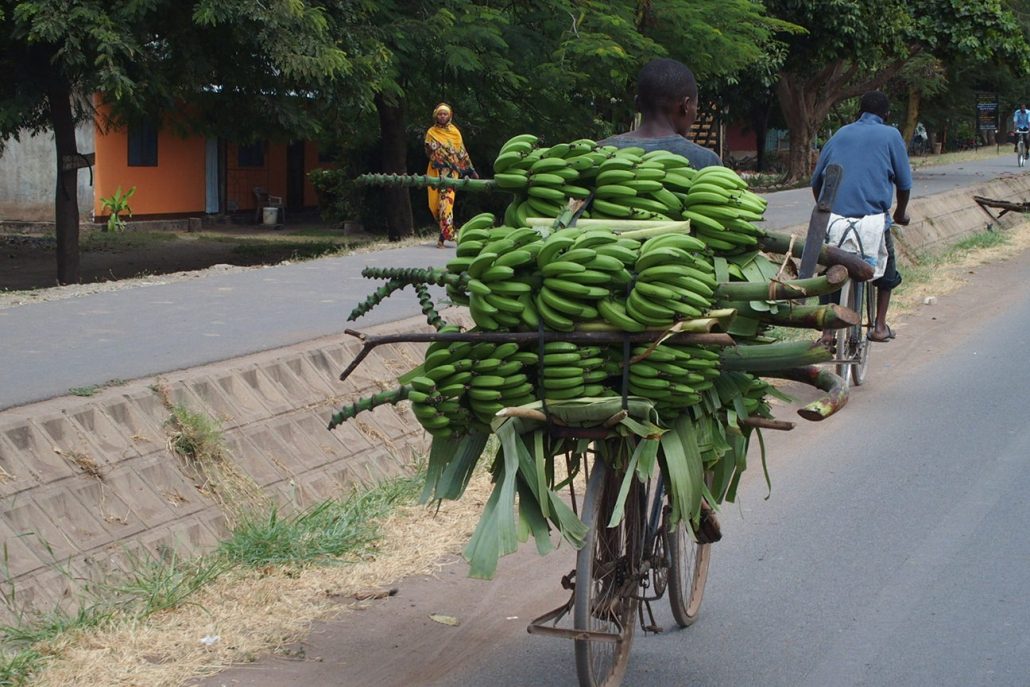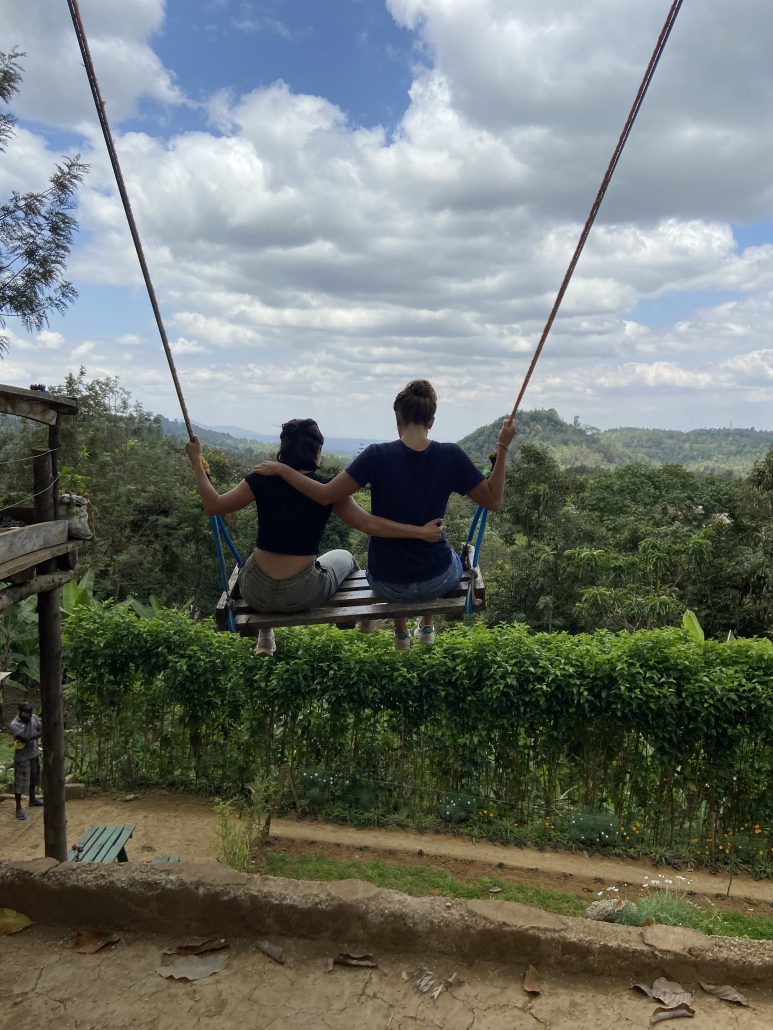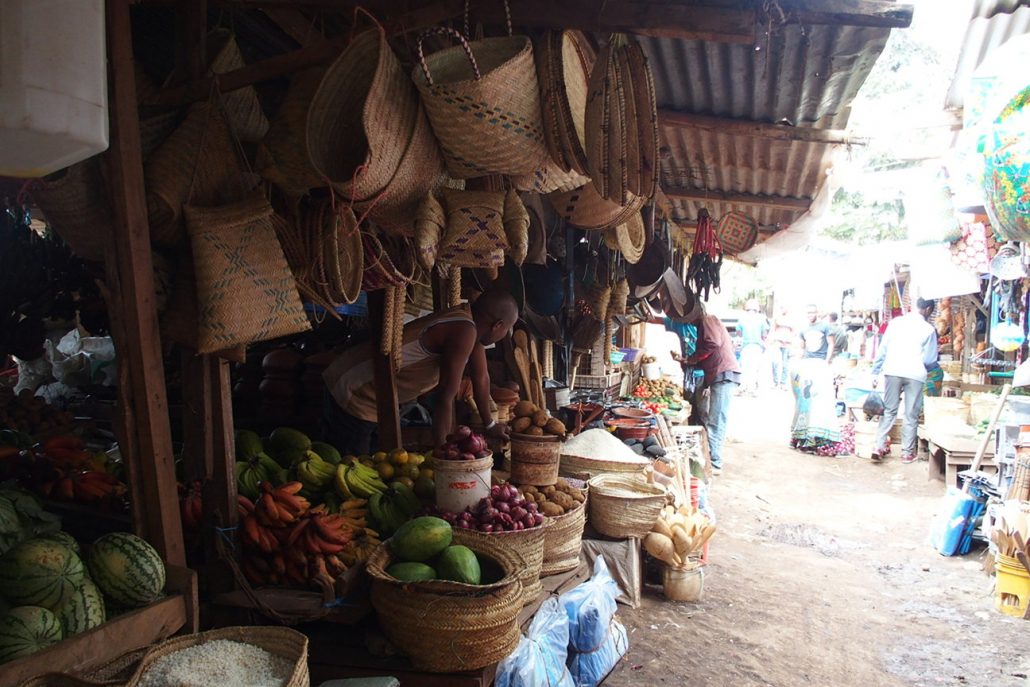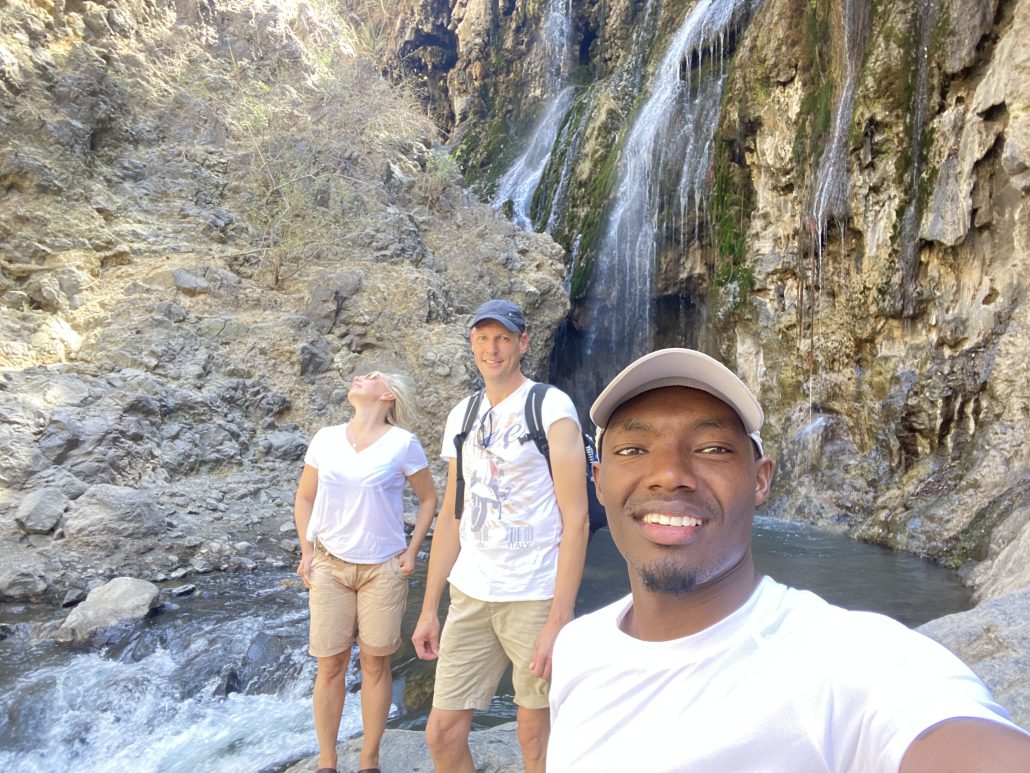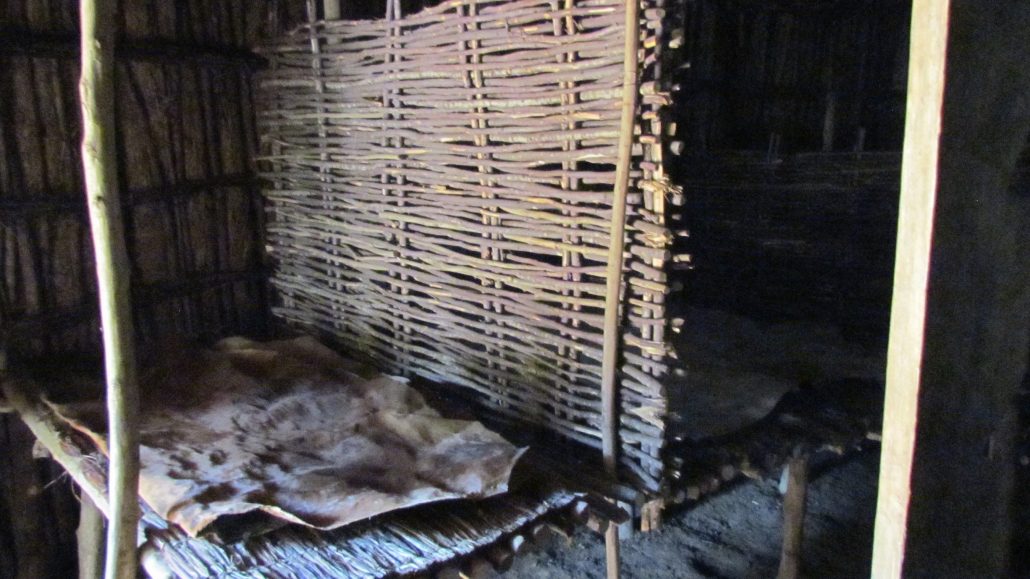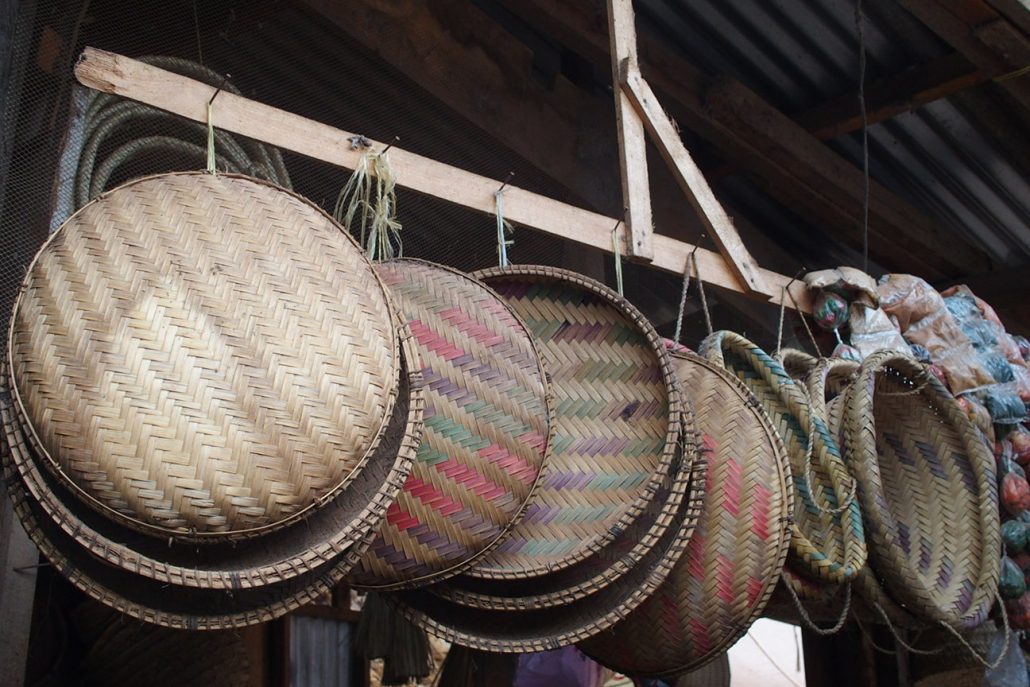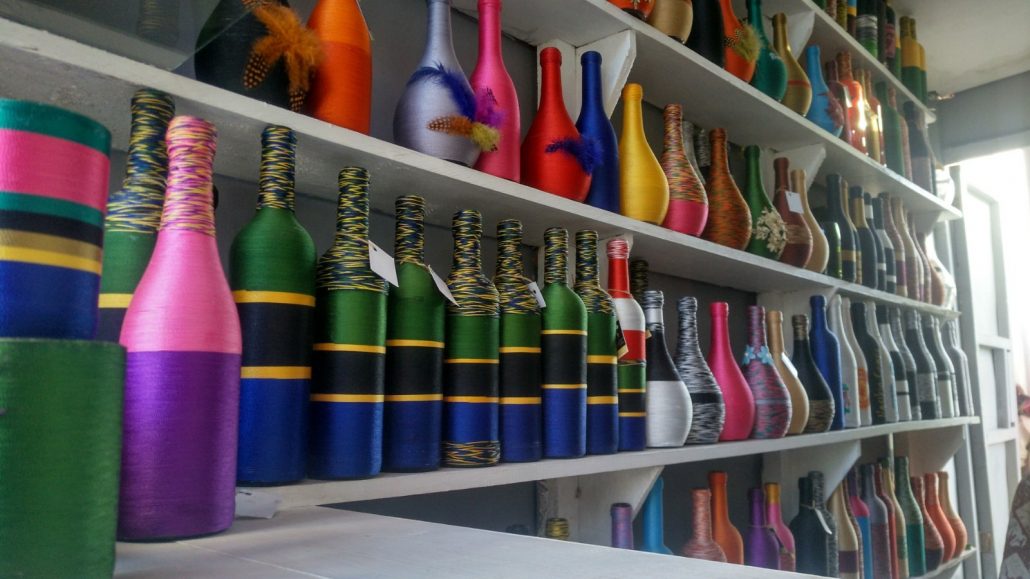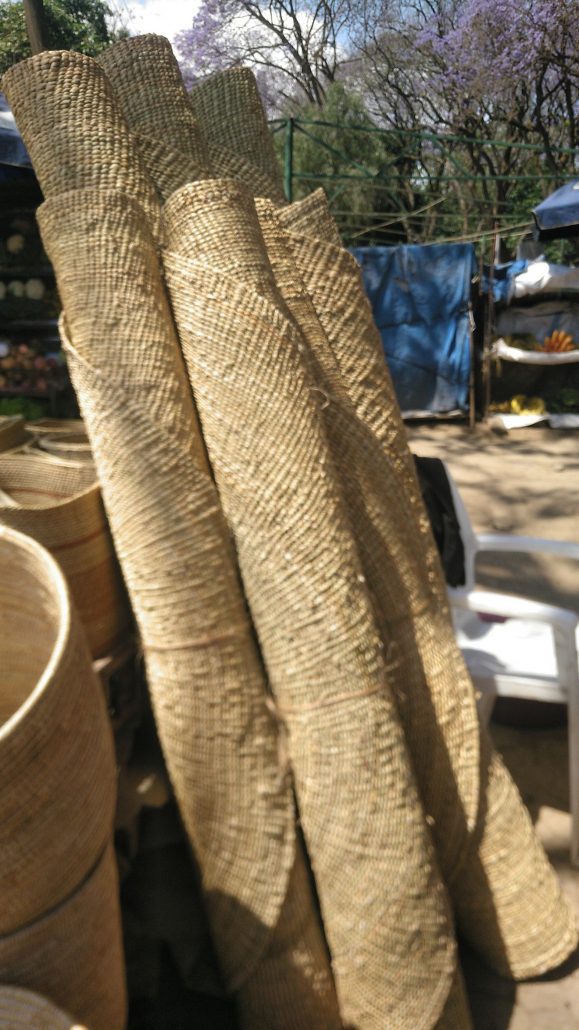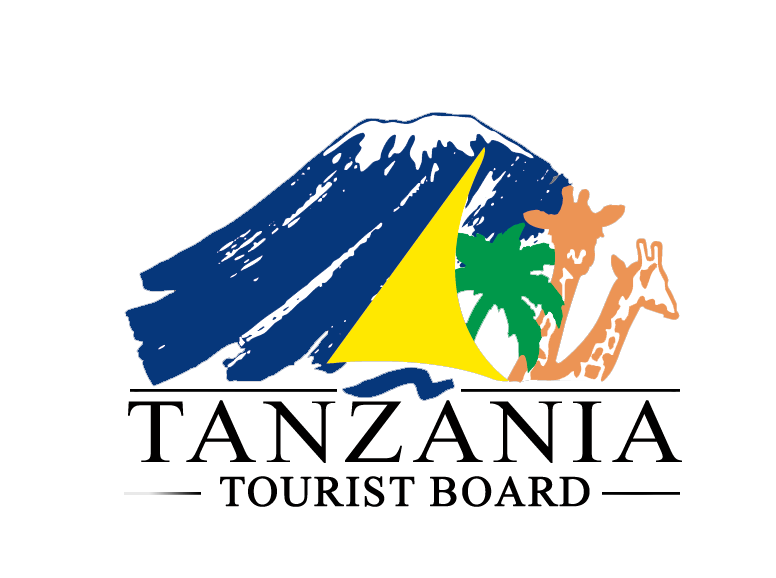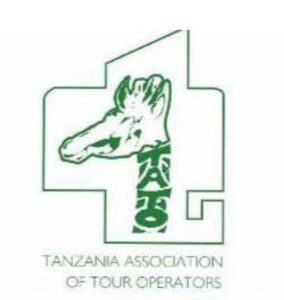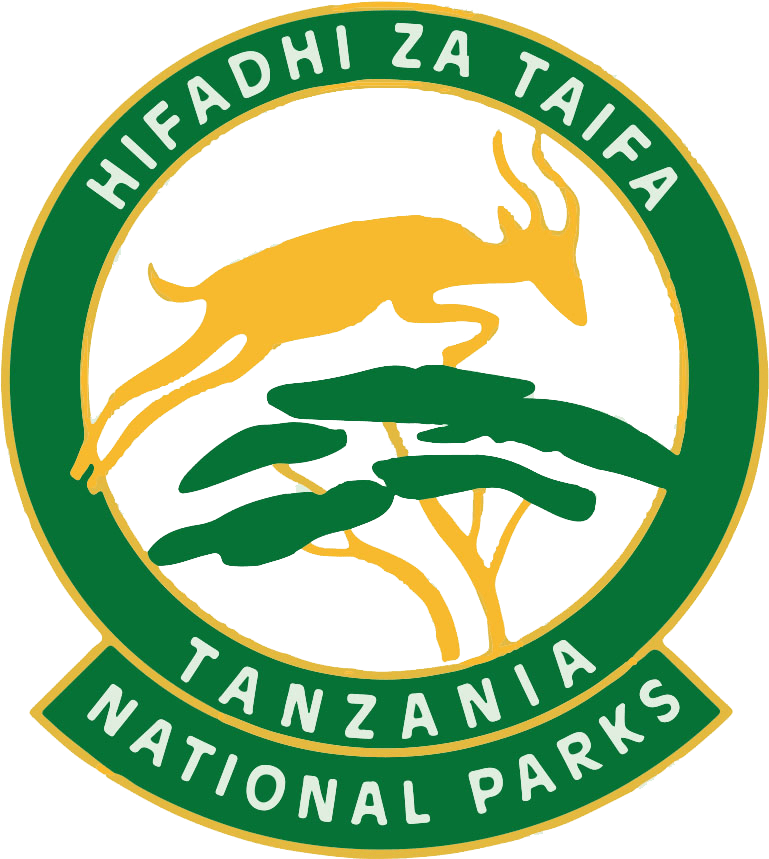INTERESTING ASPECTS OF TANZANIAN CULTURE
Tanzania is a very culturally rich country that was historically a German and later an English colony. Its official languages are currently Swahili and English. Its people are governed by ethical and moral values closely linked to religion, be it Muslim or Christian. Tanzanians, above all, are characterized by being people with a very calm and leisurely character, they are true masters of presence and of the “here and now.” They are very sociable and friendly, they will not hesitate to give all their help to those who need it and always with a big smile on their faces. They are considered very familiar and therefore it is common to see many large families.
In Tanzania, more than 120 different tribes coexist, each one with its ancestral customs and traditions, with its typical clothing, its popular foods, its beliefs, and its lifestyle. All of them bring great cultural wealth to the country. Visit and get up close with Sensation of Africa some of these tribes doing daily activities with some of their members. The most popular tribe is undoubtedly the Maasai tribe, but with Sensation of Africa, you can discover some less known.
Its gastronomy is another interesting aspect to discover. What better places than the markets to get an idea of the type of gastronomy that characterizes a country and the way of being of its people? With Sensation of Africa you can not only visit these markets but also take a cooking workshop and learn to cook some of their typical dishes or enjoy a tasting menu in a town after visiting their plantations.
The music is so characteristic part … African rhythms marked by percussion, accompanied by elaborate melodies and songs that bring out emotions. Do not miss the African dance workshop or, if you prefer, be a spectator of a performance with live music.
Discover Tanzanian art: visit painting galleries where you can see authentic works with mostly wildlife and landscapes motifs.
And the crafts: See how they make and work the clay with their hands creating pots and bowls for cooking. Know the importance of the work they do through wood making most structures and furniture for the home. Surprise yourself with the use of vegetable fibers for the elaboration of rugs and baskets. Visit the Shanga, a place where you can appreciate the inclusion of disabled people in society, a place where you will have the opportunity to see skill development and lots of art.
Its treasures: Discover the so precious Tanzanite gem that has so many properties to appreciate or with which jewelry can be made.
